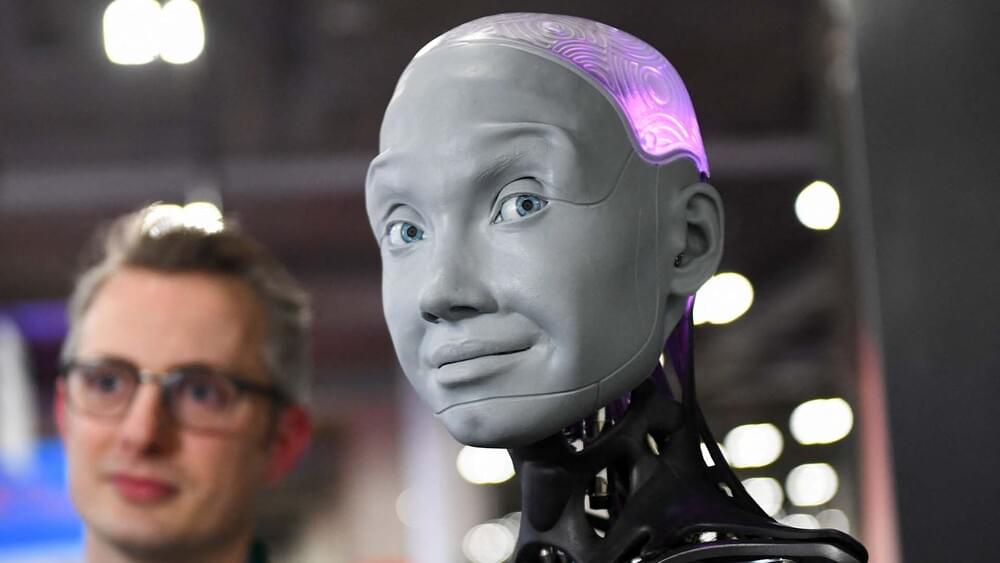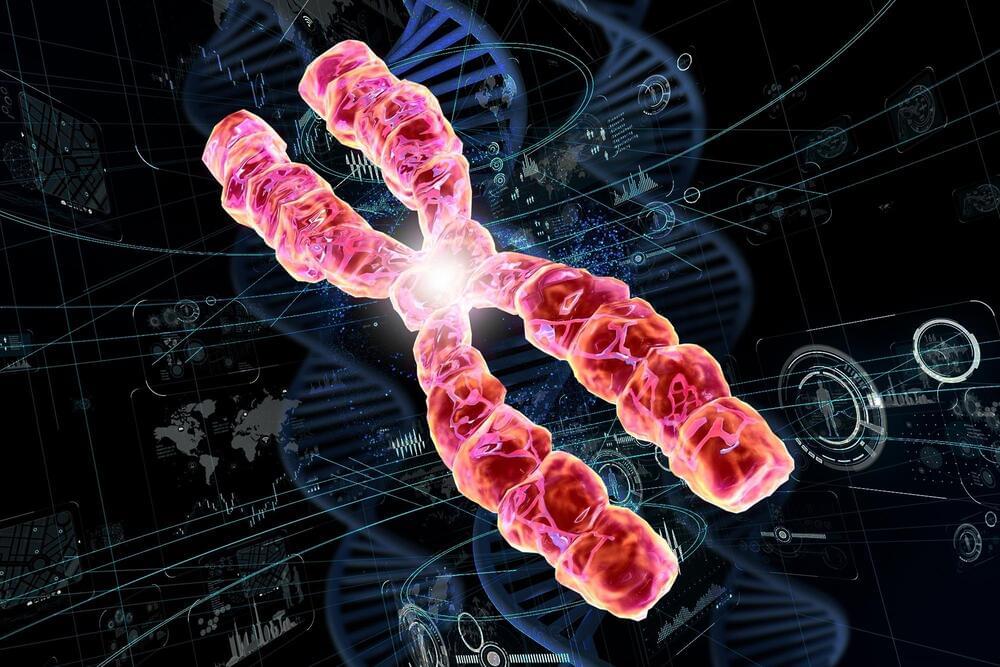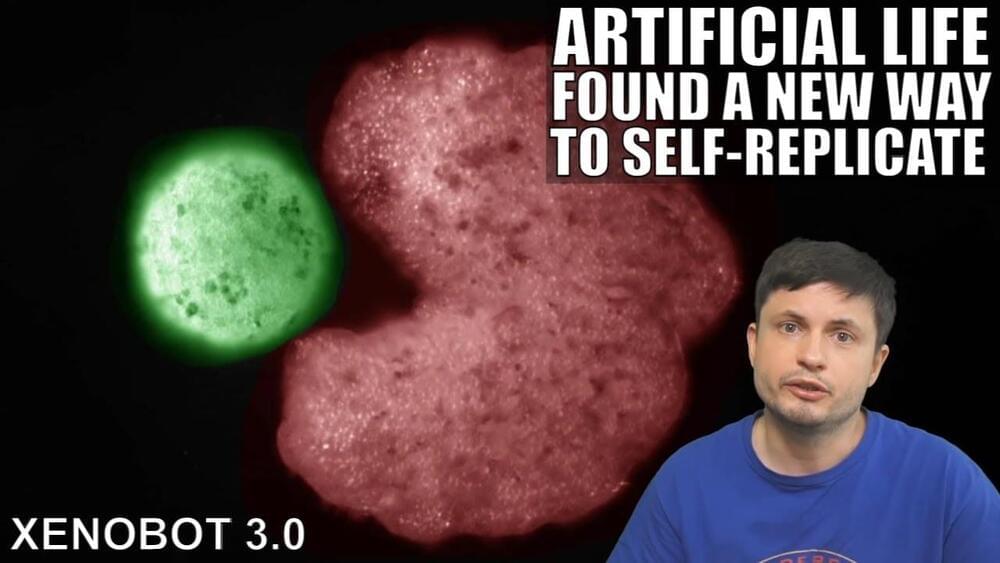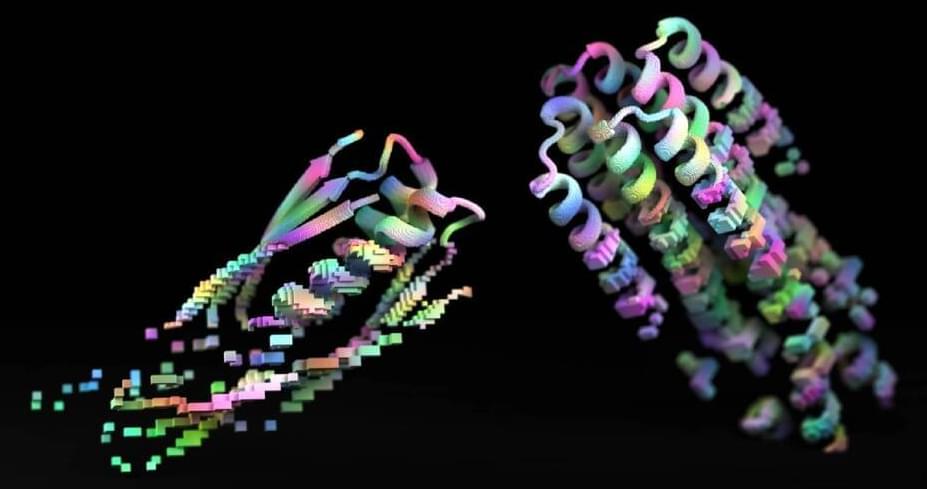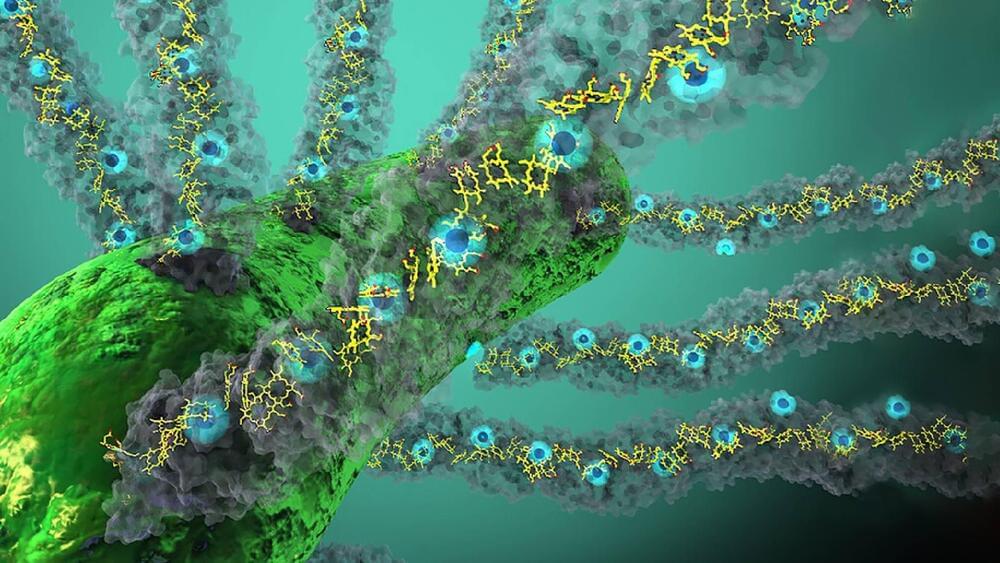
Researchers at Toshiba Corporation have achieved a breakthrough in quantum computer architecture: the basic design for a double-transmon coupler that will improve the speed and accuracy of quantum computation in tunable couplers. The coupler is a key device in determining the performance of superconducting quantum computers.
Tunable couplers in a superconducting quantum computer link two qubits and perform quantum computations by turning on and off the coupling between them. Current technology can turn off the coupling of transmon qubits with close frequencies, but this is prone to crosstalk errors that occur on one of the qubits when the other qubit is irradiated with electromagnetic waves for control. In addition, current technology cannot completely turn off coupling for qubits with significantly different frequencies, resulting in errors due to residual coupling.
Toshiba has recently devised a double-transmon coupler that can completely turn on and off the coupling between qubits with significantly different frequencies. Completely turning on enables high-speed quantum computations with strong coupling, while completely turning off eliminates residual coupling, which improves quantum computation speeds and accuracy. Simulations with the new technology have shown it realizes two-qubit gates, basic operations in quantum computation, with an accuracy of 99.99% and a processing time of only 24 ns.
